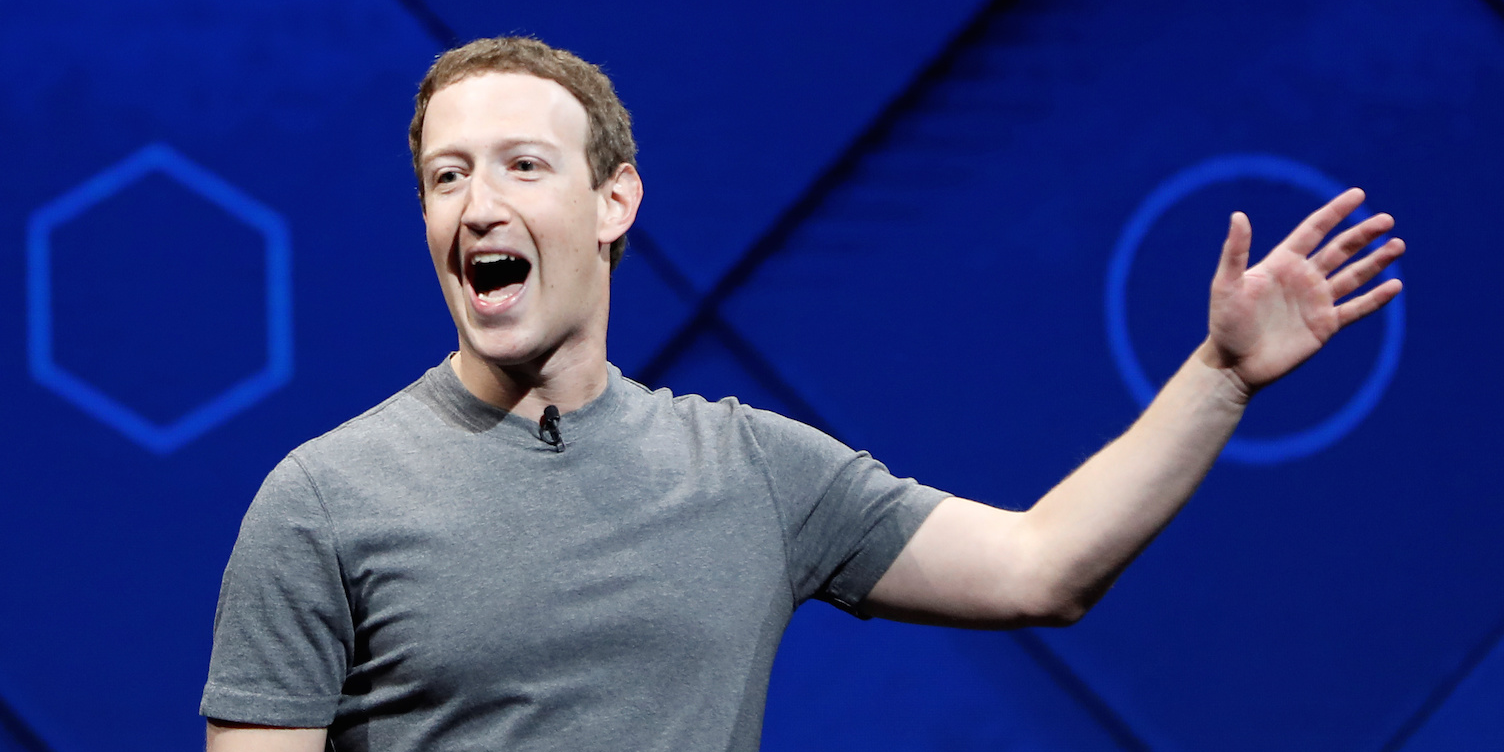- Open Banking rules come into force in the UK on Saturday, January 13.
- The rules force banks and payment companies to share data with third parties if customers agree.
- The changes are meant to encourage comparison and bank account switching but some think an unintended consequence could be opening up banking to tech giants like Facebook and Google.
LONDON – New rules come into force in Britain today that force banks to open up their data to outsiders.
“Open Banking” begins on January 13. The new rules force Britain’s nine biggest banks to share customer data with third parties if a customer agrees. The changes are meant to improve price comparison and boost account switching. (You can read a full guide here.)
But many market watchers speculate that an unintended consequence of the new rules could be to lure tech giants like Facebook, Google, and Amazon into mainstream finance in the UK.
David Birch, a digital financial consultant and speaker, wrote in Wired UK recently: “In 2018 the banks will concede customer mindshare to the GAFAMs (Google, Apple, Facebook, Amazon, Microsoft) and the BATs (Baidu, Alipay, Tencent).”
Facebook and Google have long tried to break into financial services, with products such as Pay by Messenger and Google Wallet. But these efforts have struggled to gain much headway in the UK.
Birch pegged Open Banking, which also lets the likes of Facebook carry out payments on your behalf, as the main reason he thinks this could change.
He wrote: "Next time you need to send your friend a tenner, you'll instant-message them the money, rather than opening up your boring bank app, fiddling about finding their bank details, authenticating yourself again and finally firing off the cash. You'll just type "+£10" in your WhatsApp chat."
'Big tech companies are looking at how they could play in the market'
Caroline Plumb OBE, the CEO of cash management startup Fluidly, told Business Insider: "I think you'll see a lot of new entrants.
"They might not see it as a wholesale competitive entry into finance - I doubt that's how Facebook or someone like that would frame it - but there are always parts of the experience that are going to make sense for their customers, like sending money between friends on WhatsApp."
Fluidly is one of a number of businesses primed to take advantage of open banking and Plumb has been monitoring the area closely.
"What you'll see in the longer term is use cases and business models emerge that hadn't really been thought about before, just like you saw in the telco industry," she said. "All the innovation has been in what's called the "over the top" layer - people like Netflix and WhatsApp who have invented new business models."
Ed Maslaveckas, CEO of banking platform Bud, told BI: "There are 100% big technology companies looking at how they could play in the market, that's for sure. And there are very big financial brands that are not part of the Big 9 that are looking at the European market very seriously."
Bud is working with HSBC to develop an Open Banking-inspired app that will help customers compare energy tariffs. The company is also in conversation with multiple banks and fintech companies about similar projects.
Maslaveckas said his comments were drawn from direct conversations with tech companies and financial brands but declined to name any specific businesses.
'They've been doing lots of 'war games' with the banks'
Maslaveckas said that new products from big tech companies could look very different to the traditional banking services we are used to in Britain.

"Look at Alipay and the experiences you have over there [in China]," he said. "You walk into a restaurant, you scan a QR code, you have the menu on your phone, you order through your phone, it's paid for, and the food comes to you.
"That might not be the experience that everyone wants at a high-end restaurant, that's the kind of thing that can happen with open banking on the five-year scale."
What does this mean for banks? "They need to react," he said.
Fluidly's Plumb said: "I think the banks are very cognizant of that threat. I know some people at McKinsey and I know they've been doing lots of 'war games' with the banks, effectively role-playing different strategy scenarios that see them take on different roles."
Richard Morgans, head of digital and fintech at TSB, is optimistic about Open Banking. He told BI: "Open Banking also provides opportunities for challengers like TSB to offer new services beyond financial products by integrating services from 3rd parties to offer a more integrated lifestyle experience - for example, the process to find a new car and get a loan approval through a single interface."
Plumb said: "There are strategies, I'm sure, that will see banks win. But there are also strategies that will see banks fall by the wayside."

